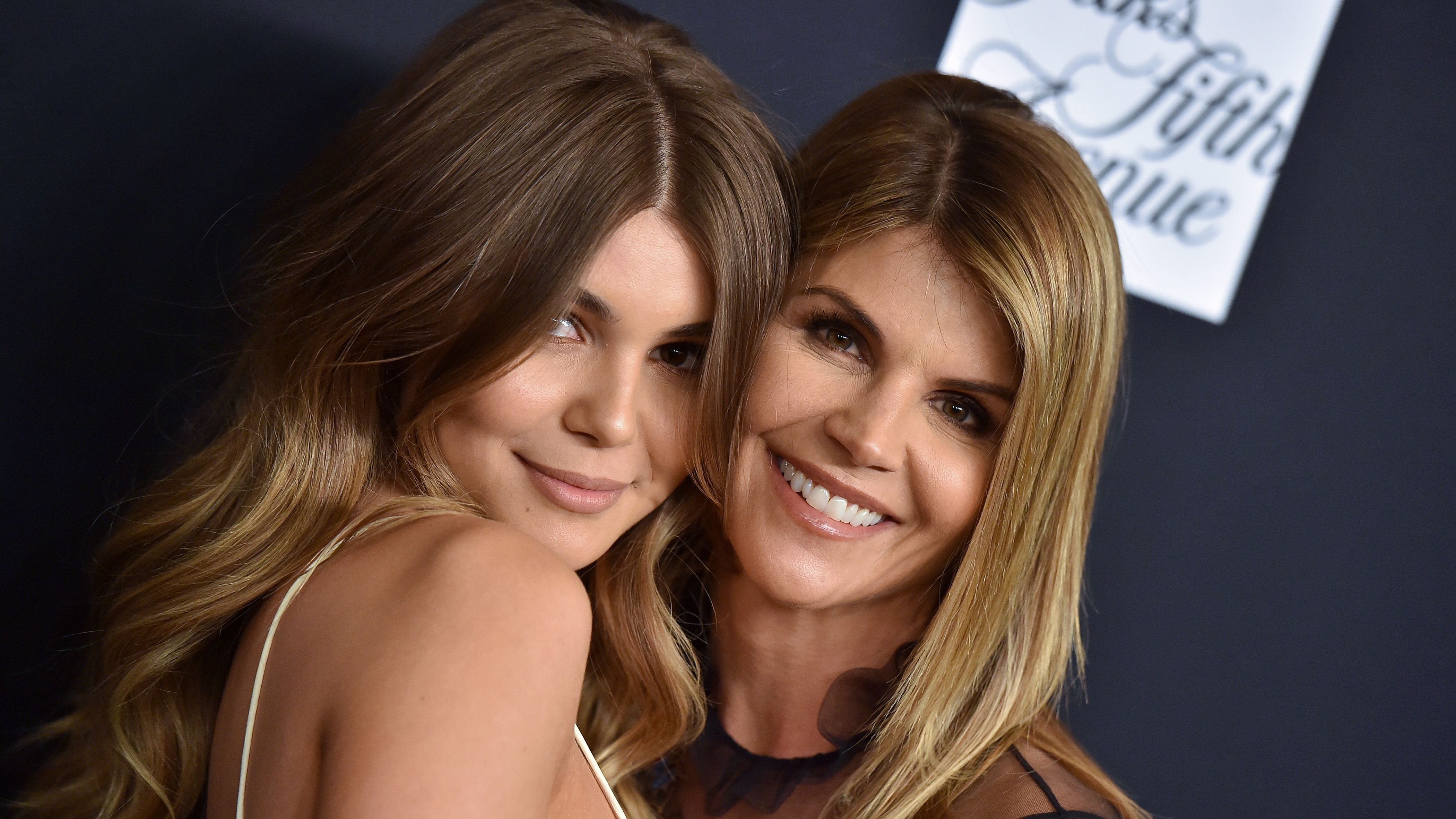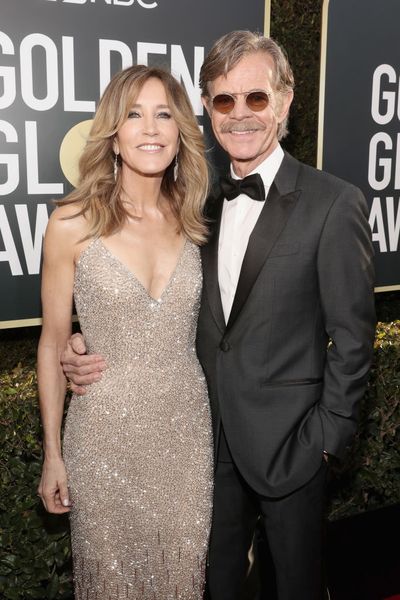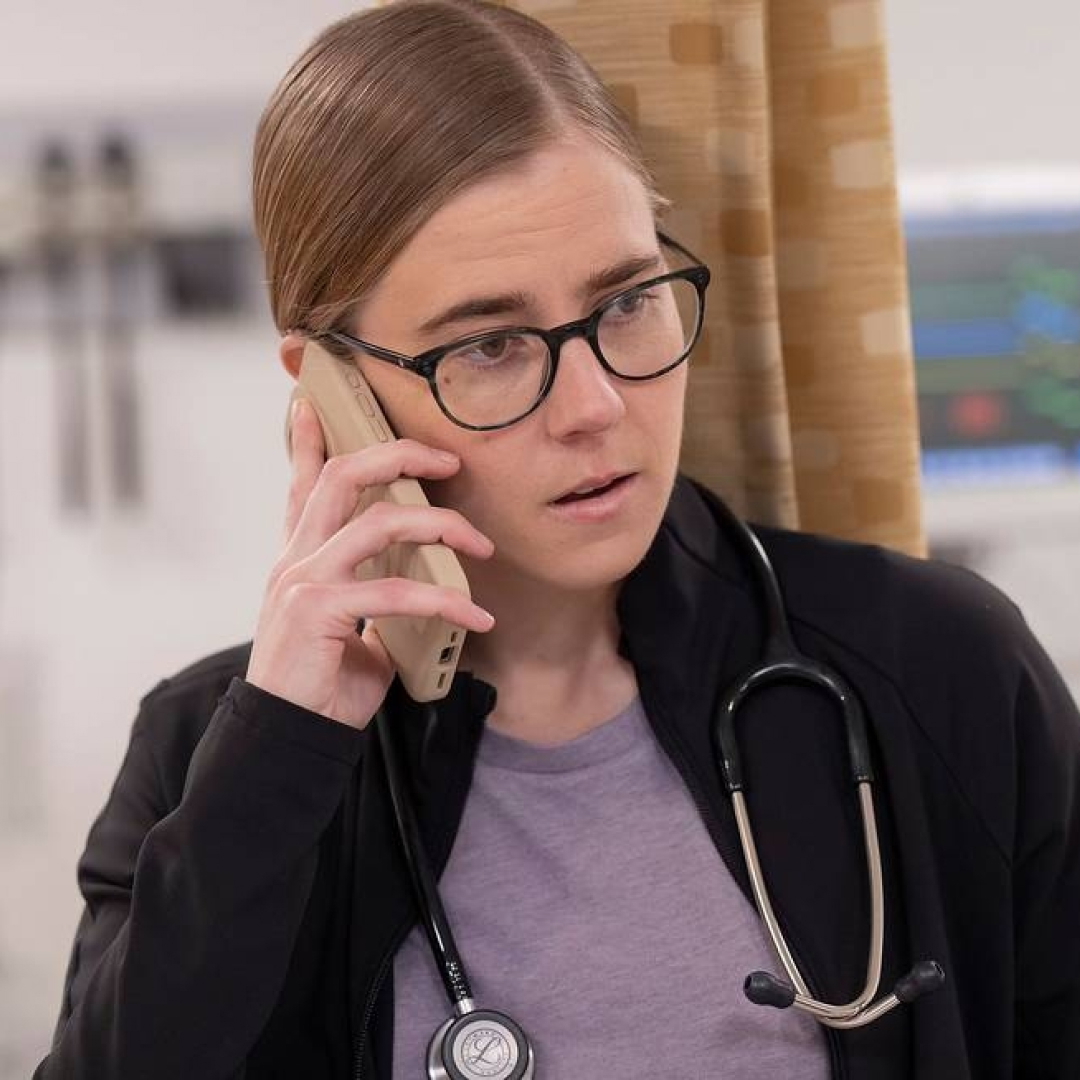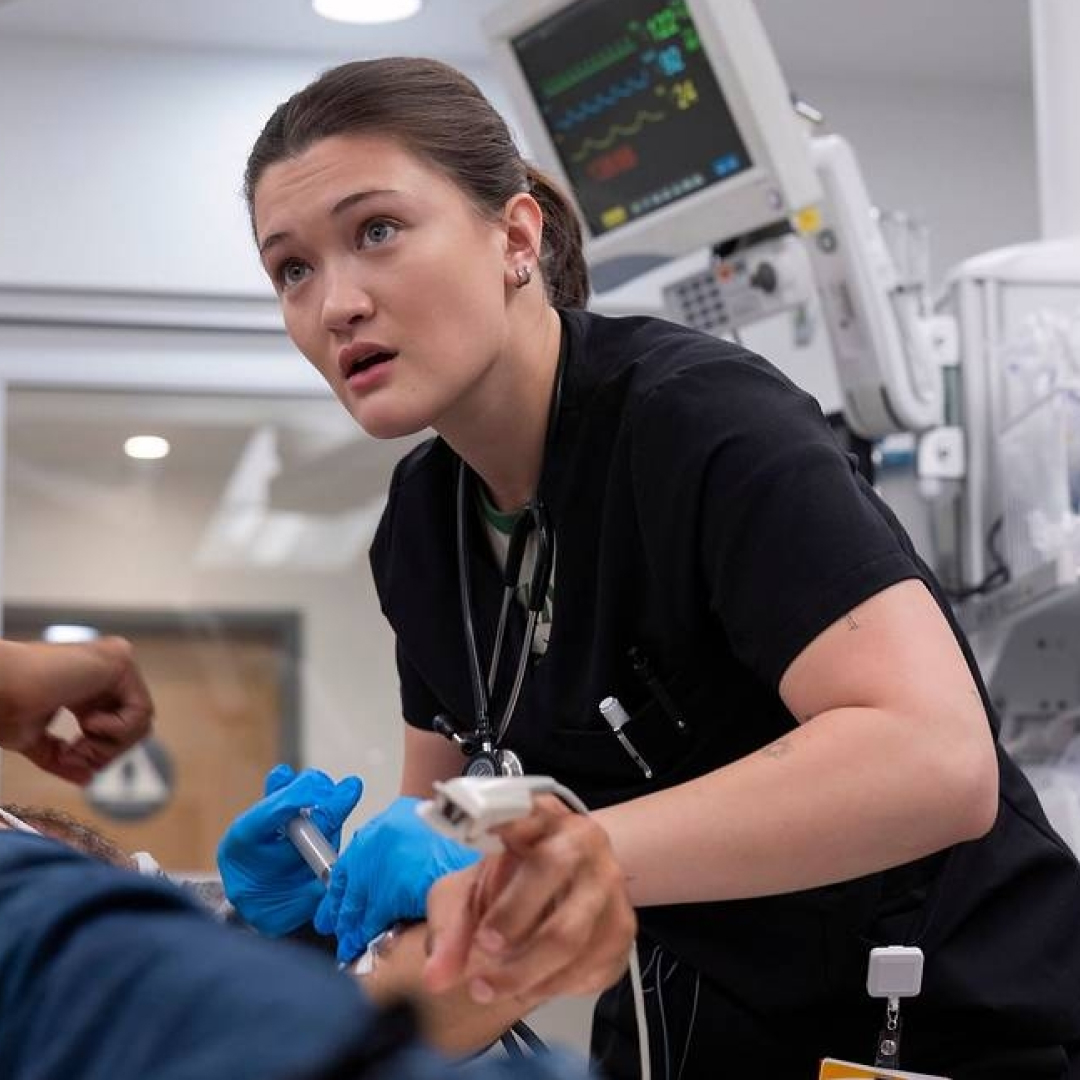What Is the College Admissions Scandal? Lori Loughlin and Felicity Huffman Were Indicted
Breaking down all the questions you have about this wild case.

This week, the internet has been abuzz over the news that nearly 50 people—some of them fairly high-profile—were indicted in relation to a scheme to spend millions of dollars on bribes to get their children into elite colleges. Of the 33 parents who allegedly paid money to ensure admission, two of them happened to be the actors Felicity Huffman (of Desperate Housewives fame) and Lori Loughlin (from Full House). Neither have publicly commented on the allegations.
It’s a pretty shocking example of how far parents will go for the prestige of certain schools, and it brings up important questions about the nature of college admissions in a country where the collective student loan debt exceeds $1.5 trillion dollars. But it’s also rather confusing to parse through, with a lot of people involved and a slew of potential outcomes.
Below, we’ve highlighted the most pertinent points about the case, including how it was uncovered in the first place and what it actually might mean for those involved. We’ll be sure to update this post as more information becomes available.
What are these people accused of doing?
If you’re like me and have always wanted an excuse to learn what “racketeering” means, this is your opportunity.
This is a far-reaching case with a lot of players, but since the celebrities involved are the most recognizable, let’s talk about them first. Dozens of parents, including Huffman, have been indicted by the Justice Department for spending nearly $25 million in bribes and coordinating with college coaches, exam administrators, and admissions counselors in order to get their children into schools like Stanford, Yale, Georgetown, and USC. Thirteen associates were also indicted, according to the Guardian. Worst of all? According to TMZ, the kids didn't appear to know they were part of a scheme.
Huffman and her husband, actor William H. Macy, allegedly disguised a $15,000 bribe as a charitable donation in order to have their daughter participate in a scam to cheat on the SAT. They reportedly planned to make a similar “donation” for their other daughter later, but pulled out of the deal.

Loughlin and her daughter, Olivia Jade
Meanwhile, according to the indictment, Loughlin and her husband, designer Mossimo Giannulli, allegedly paid $500,000 to get her two daughters designated as recruits for USC’s crew team, despite that fact that neither participated in the sport.
Stay In The Know
Get exclusive access to fashion and beauty trends, hot-off-the-press celebrity news, and more.
Surely they didn’t coordinate this all by themselves?
Definitely not. A key person to know about in this case is William “Rick” Singer. The 58-year-old ran a college prep company called The Edge College & Career Network, also referred to as The Key, according to the New York Times, that helped facilitate much of the scheming:
The authorities said Mr. Singer, who has agreed to plead guilty to the charges and cooperated with federal prosecutors, used The Key and its nonprofit arm, Key Worldwide Foundation, which is based in Newport Beach, Calif., to help students cheat on their standardized tests, and to pay bribes to the coaches who could get them into college with fake athletic credentials.
Singer agreed to plead guilty on Tuesday of charges including racketeering, defrauding the United States, obstruction of justice, and fraud. Through The Key, according to prosecutors, Singer accepted the $25 million in so-called charitable donations from parents between 2011 and February 2019. From there, he funneled money to his accomplices at the institutions in order to guarantee admissions for his rich clients’ kids. He also helped prospective students cheat on their exams by having his associates take the tests in their place. Singer alleged that Huffman participated in the SAT portion of the scam.
In short: Singer ran a phony counseling service that helped wealthy parents get their children into elite schools by any means necessary, be it cheating on tests or directly bribing coaches and administrators. Racketeering!
But, like, what is racketeering?
It’s that thing where someone uses a business to gain illegal money from other people, usually not for an extended period of time but nevertheless repeatedly. The more you know!
How did prosecutors find out about this scheme?
By accident, in fact. This might be the most interesting part of an already interesting story. According to the Washington Post, the massive case—which would involve 200 agents all over the country—was actually discovered through another, unrelated undercover operation.
In a story published Friday, CNN broke down some specifics. It turns out that an unrelated case against finance executive Morrie Tobin for securities fraud led to Tobin offering a tip in exchange for potential leniency. Tobin told investigators that the women's soccer coach at Yale had suggested a bribe in exchange for getting Tobin's daughter into the school. It turned out that the coach had worked with—you guessed it—Singer.
Another interesting detail: The FBI called it “Operation Varsity Blues.”

Huffman and Macy
What will happen to the celebrities who got named?
The Post notes that the investigation is still ongoing and others could be charged. For the time being, Huffman has been arrested at her home and is in Federal custody, as has Loughlin’s husband, Giannulli. There’s a warrant out for Loughlin’s arrest, though according to a prosecutor she is out of the country (she's been asked to return and turn herself in). She also appears to have deleted her Instagram.
TBD what sort of punishment the accused could be facing, but we'll update when we know.
For its part, USC has released a statement denying any wrongdoing. On Friday, it was reported that both of Loughlin's daughters dropped out of the school in the wake of the news, according to Page Six.
What are the implications of this case?
On the one hand, it’s natural for a parent to want to use whatever resources are available to give their children the best shot at life—and for some, maybe that looks like cheating and fraud. That’s not excusing the alleged crimes, but it contextualizes them a smidge.
Mostly, this case further illustrates the ways in which supposedly merit-based opportunities—like attending a top university—can be kept from deserving people because of a lack of wealth. That rich parents could pay their lackluster children’s ways into top colleges means, inevitably, that students who worked really hard for those same spots didn’t get them. That's less about a specific case and more about a flaw in the larger system.
One of the quotes that’s been circulating since this news broke comes from Andrew Lelling, the U.S. Attorney for Massachusetts, who said that the case has to do with “the widening corruption of elite college admissions through the steady application of wealth combined with fraud.” He went on: “There can be no separate college admission system for the wealthy, and I’ll add there will not be a separate criminal justice system, either.”
Hopefully this case not only causes parents to pause before doing “whatever it takes” to get their kids into a good school, but makes universities stop and consider why parents would even deem such extreme measures necessary. The idea of a rich parent “making a call” to a top university to get their kid accepted is nothing new, but the fact that the lengths have become so great as to be illegal shows just how competitive and deeply skewed the admissions process might be.
For more stories like this, including celebrity news, beauty and fashion advice, savvy political commentary, and fascinating features, sign up for the Marie Claire newsletter.
Cady has been a writer and editor in Brooklyn for about 10 years. While her earlier career focused primarily on culture and music, her stories—both those she edited and those she wrote—over the last few years have tended to focus on environmentalism, reproductive rights, and feminist issues. She primarily contributes as a freelancer journalist on these subjects while pursuing her degrees. She held staff positions working in both print and online media, at Rolling Stone and Newsweek, and continued this work as a senior editor, first at Glamour until 2018, and then at Marie Claire magazine. She received her Master's in Environmental Conservation Education at New York University in 2021, and is now working toward her JF and Environmental Law Certificate at Elisabeth Haub School of Law in White Plains.
-
 'The Pitt' Star Taylor Dearden Says She Sees Her and Dr. Mel's Neurodivergence as "a Superpower"
'The Pitt' Star Taylor Dearden Says She Sees Her and Dr. Mel's Neurodivergence as "a Superpower"Here's what to know about the Max series's breakout star, who just so happens to come from TV royalty.
By Quinci LeGardye Published
-
 We Owe Trinity Santos From 'The Pitt' an Apology
We Owe Trinity Santos From 'The Pitt' an ApologyThe season finale of the smash Max series proved that the most unlikable character on TV may just be the hero we all need.
By Jessica Toomer Published
-
 Your Guide to the Cast of 'Got to Get Out,' Which Pits Reality TV Alums Against Each Other for a Chance at $1 Million
Your Guide to the Cast of 'Got to Get Out,' Which Pits Reality TV Alums Against Each Other for a Chance at $1 MillionHulu's answer to 'The Traitors' is here.
By Quinci LeGardye Published
-
 36 Ways Women Still Aren't Equal to Men
36 Ways Women Still Aren't Equal to MenFeatures It's just one of the many ways women still aren't equal to men.
By Brooke Knappenberger Last updated
-
 How New York's First Female Governor Plans to Fight for Women If Reelected
How New York's First Female Governor Plans to Fight for Women If ReelectedKathy Hochul twice came to power because men resigned amid sexual harassment scandals. Here, how she's leading differently.
By Emily Tisch Sussman Last updated
-
 Why the 2022 Midterm Elections Are So Critical
Why the 2022 Midterm Elections Are So CriticalAs we blaze through a highly charged midterm election season, Swing Left Executive Director Yasmin Radjy highlights rising stars who are fighting for women’s rights.
By Tanya Benedicto Klich Published
-
 Tammy Duckworth: 'I’m Mad as Hell' About the Lack of Federal Action on Gun Safety
Tammy Duckworth: 'I’m Mad as Hell' About the Lack of Federal Action on Gun SafetyThe Illinois Senator won't let the memory of the Highland Park shooting just fade away.
By Sen. Tammy Duckworth Published
-
 Roe Is Gone. We Have to Keep Fighting.
Roe Is Gone. We Have to Keep Fighting.How To Democracy always offers a path forward even when we feel thrust into the past.
By Beth Silvers and Sarah Stewart Holland, hosts of Pantsuit Politics Podcast Published
-
 The Supreme Court's Mississippi Abortion Rights Case: What to Know
The Supreme Court's Mississippi Abortion Rights Case: What to KnowThe case could threaten Roe v. Wade.
By Megan DiTrolio Published
-
 Sex Trafficking Victims Are Being Punished. A New Law Could Change That.
Sex Trafficking Victims Are Being Punished. A New Law Could Change That.Victims of sexual abuse are quietly criminalized. Sara's Law protects kids that fight back.
By Dr. Devin J. Buckley and Erin Regan Published
-
 My Family and I Live in Navajo Nation. We Don't Have Access to Clean Running Water
My Family and I Live in Navajo Nation. We Don't Have Access to Clean Running Water"They say that the United States is one of the wealthiest countries in the world. Why are citizens still living with no access to clean water?"
By Amanda L. As Told To Rachel Epstein Published